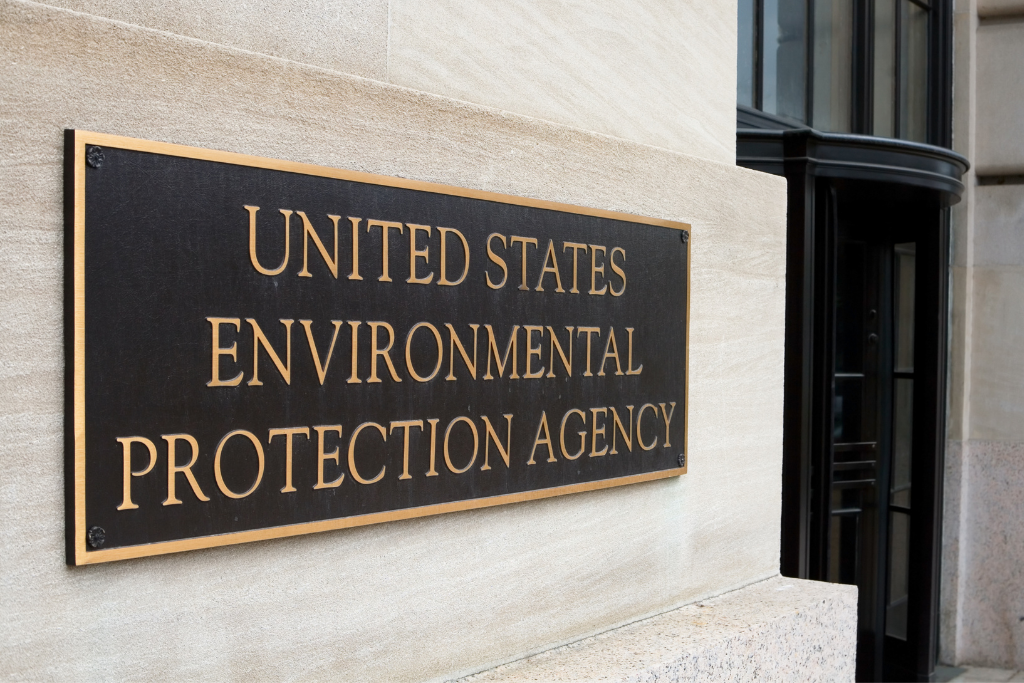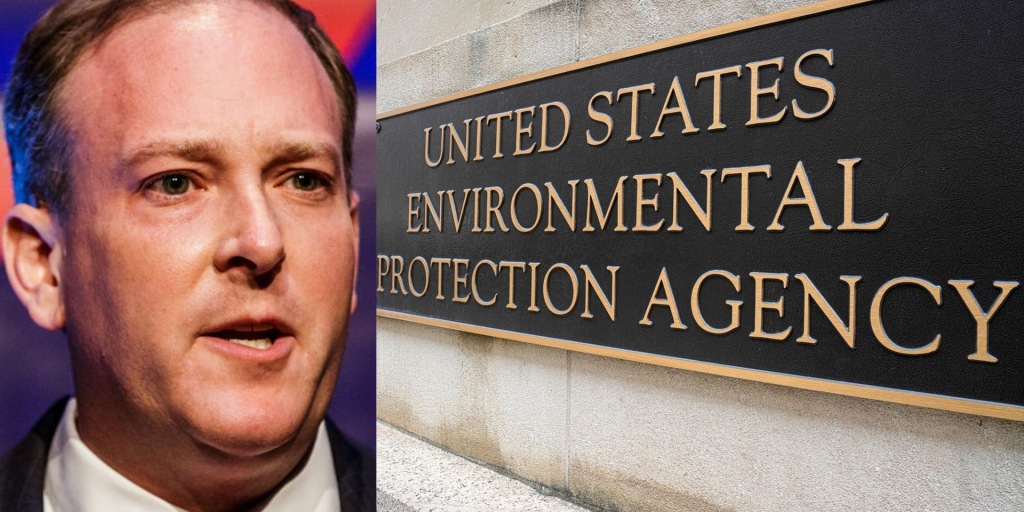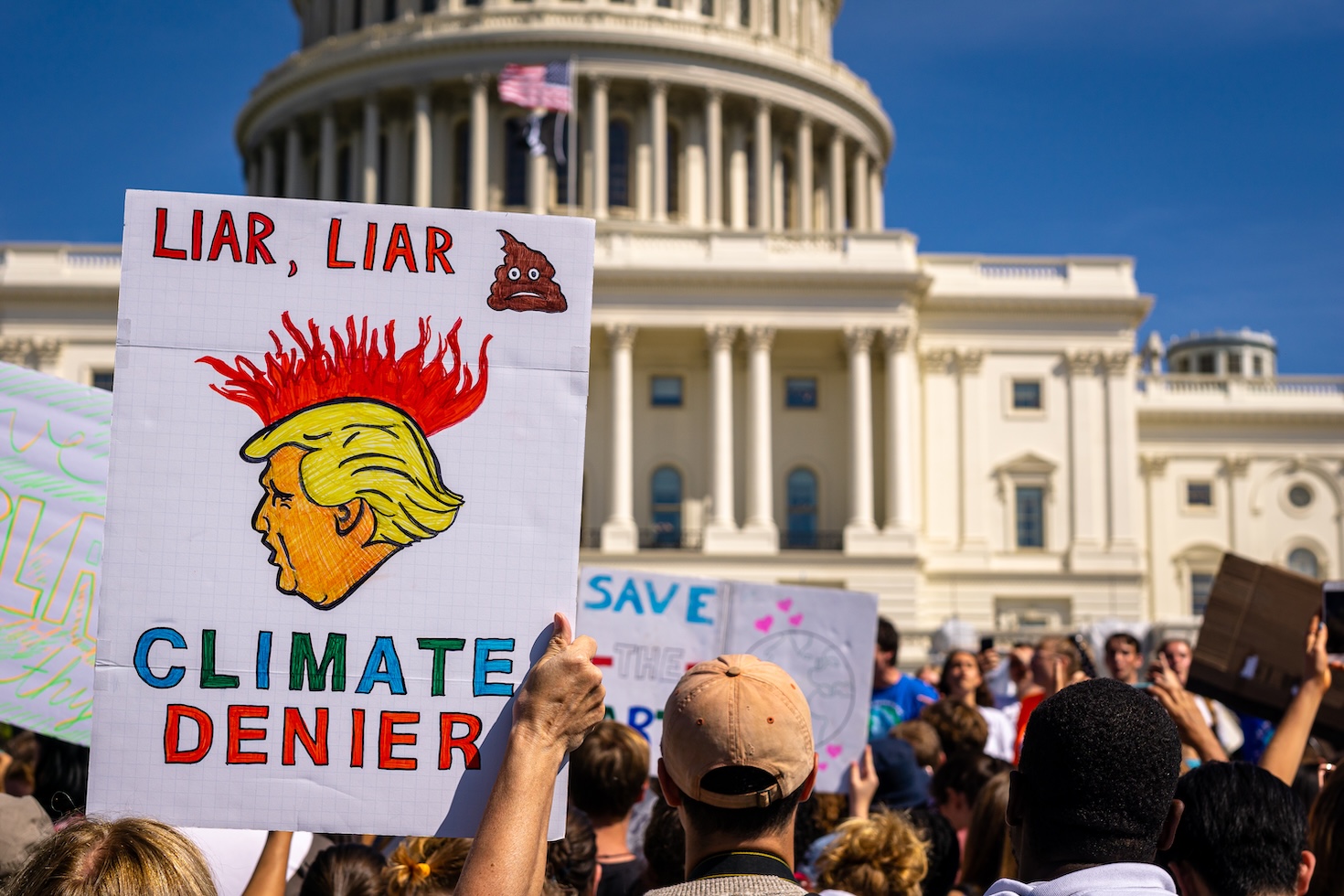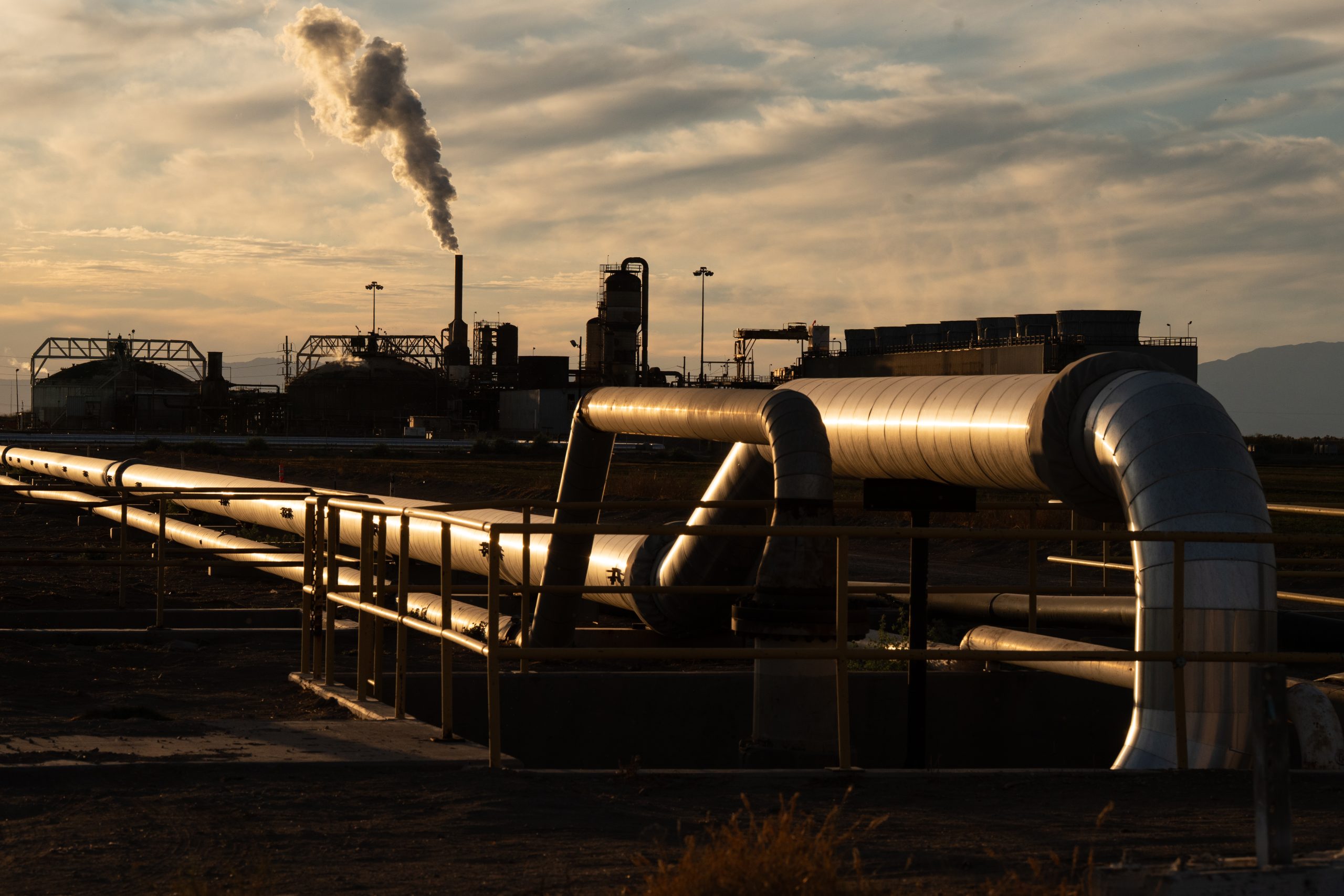
Green Battleground: Inside West Virginia's Energy Policy Showdown
In the latest episode of The Legislature Today, host Curtis Tate delves into the critical world of energy and environmental policy with two passionate advocates. Joining him are Emmett Pepper from Energy Efficient West Virginia and Lucia Valentine of the West Virginia Environmental Council, who offer insights into the current legislative landscape. The conversation centers on Senate Bill 592, a controversial piece of legislation that threatens to roll back crucial safeguards protecting aboveground storage tanks. Pepper and Valentine bring their expertise to unpack the potential environmental and safety implications of this proposed bill, shedding light on how it could impact West Virginia's delicate ecological balance. Listeners will gain a deeper understanding of the complex interplay between energy infrastructure, environmental protection, and legislative decision-making. The episode promises a nuanced exploration of how local policy can have far-reaching consequences for communities and the natural environment.









